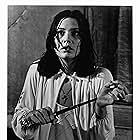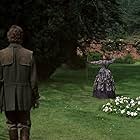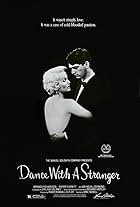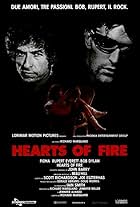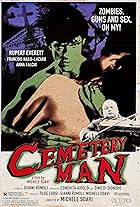Within a well-known passage from his Biographia Literaria (1817), Samuel Taylor Coleridge penned what is perhaps the best-known dictum of general aesthetic theory with his advisory description of "willing suspension of disbelief", certainly a requisite for cinematic works that are designed as entertainment, and one that a viewer will be readily inclined to employ while observing Rupert Everett coursing after several women during this English-made film, a performance that he nearly succeeds in pulling off. Everett is cast as Tim Boyd, a young man still residing with his parents, with a history of being terminated from each of his jobs, the dismissals recurring as a virtual pedal point stimulating his development towards lying about his sundry activities as an ersatz man-about-town, this trait having been adopted as a cover for vocational failures. Tim is eventually employed in a position that he may be able to hold, as assistant to a dealer of antiques, but he continues to dissimulate for the purpose of boosting his image, primarily due to a great interest he has taken in an attractive divorcée, Laurel (Cristina Raines), whom he met while showing property during his brief tenure as a realtor's agent. The rather shady antiquities trader whom he represents is in possession of advance knowledge regarding thefts of art, to include one by Rembrandt, and Tim realises that he will be able to use this clandestine information to advance his own reputability, by adopting disguises (in unpersuasive fashion) while supplying the inside scoop to a pair of journalists. This enables Tim to be taken more seriously by his friends, additionally aiding him for his budding relationship with Laurel, yet he remains the same hollow individual at heart, and his romantic situation continues unsettled as the narrative moves to its conclusion. Several witty episodes are contained within the film, chiefly those involving an art pilferer and his girlfriend, but following a promising beginning, integration of scenes into the storyline is feebly accomplished, with a result that the work lacks cinematic grip, a condition exacerbated by poorly accomplished editing in addition to excessive cutting. In essence, the entire first half of the film prepares a viewer for what follows, but what follows is largely empty of either character or plot development. Although Everett is seldom off the screen, the acting honours go to Catherine Rabett, an obvious fledgling yet still effective at the beginning of her career, here performing as a sweetheart of Boyd.


